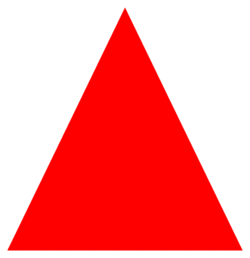Whenever a function calls itself, creating a loop, then that's recursion. As with anything there are good uses and bad uses for recursion.
The most simple example is tail recursion where the very last line of the function is a call to itself:
int FloorByTen(int num)
{
if (num % 10 == 0)
return num;
else
return FloorByTen(num-1);
}
However, this is a lame, almost pointless example because it can easily be replaced by more efficient iteration. After all, recursion suffers from function call overhead, which in the example above could be substantial compared to the operation inside the function itself.
So the whole reason to do recursion rather than iteration should be to take advantage of the call stack to do some clever stuff. For example, if you call a function multiple times with different parameters inside the same loop then that's a way to accomplish branching. A classic example is the Sierpinski triangle.

You can draw one of those very simply with recursion, where the call stack branches in 3 directions:
private void BuildVertices(double x, double y, double len)
{
if (len > 0.002)
{
mesh.Positions.Add(new Point3D(x, y + len, -len));
mesh.Positions.Add(new Point3D(x - len, y - len, -len));
mesh.Positions.Add(new Point3D(x + len, y - len, -len));
len *= 0.5;
BuildVertices(x, y + len, len);
BuildVertices(x - len, y - len, len);
BuildVertices(x + len, y - len, len);
}
}
If you attempt to do the same thing with iteration I think you'll find it takes a lot more code to accomplish.
Other common use cases might include traversing hierarchies, e.g. website crawlers, directory comparisons, etc.
Conclusion
In practical terms, recursion makes the most sense whenever you need iterative branching.